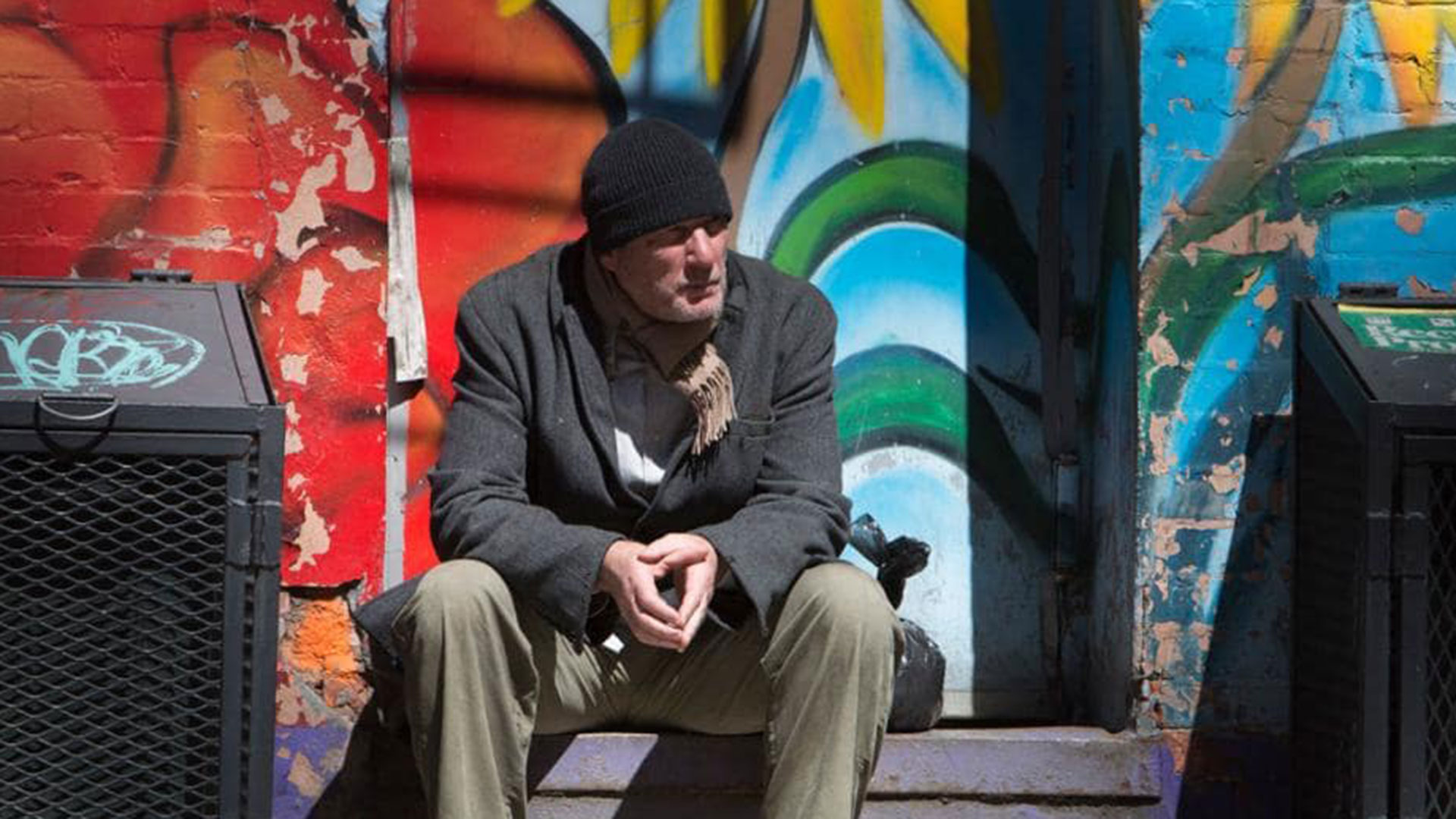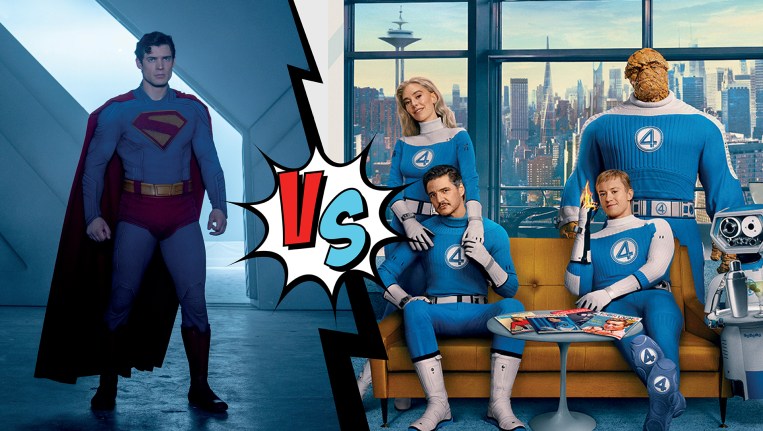The film (pictured below) follows Hector’s pilgrimage from Scotland to London to celebrate Christmas with his sister. “The character’s journey is the thing Jake [Gavin, Hector’s director] and I worked on,” Mullan explains. “At one point the script had alcoholism as being what pushed Hector over the edge but that was the glaringly obvious one. My sister worked with the homeless for a long time. I met a lot of homeless guys who didn’t drink and didn’t smoke but had mental health issues, be they temporary or long term. They couldn’t cope with their responsibility in the world.
“Now we have this horrendous housing crisis, where regardless of mental abilities or addictions we are back to a Cathy Come Home situation, where we have whole families being evicted because of benefit cuts and sanctions. The next big epidemic is going to be homelessness. I feel I have to talk out.
“In the ’80s the movie industry got into ‘greed is good’ and Wall Street, which made it look incredibly glamorous. It has always been the case. And it always will be if we allow their voices to reign and if we don’t have honest, original responses to it.”
Introducing RORA Jobs and Training
Whether you’re in work, currently unemployed, or worried about your future job security, Big Issue RORA Jobs & Training is here to help. Search our latest jobs, register for alerts, browse training courses and find your next role today.
Find out moreHomelessness has been a big issue for a long time but rarely makes for big box office. Hector’s producer Stephen Malit describes the difficulty securing distribution. “We premiered at Edinburgh Film Festival and got good reviews,” he says. “We screened it to distributors but the nature of the film industry at the moment is you’re either big or you’re no one. We had a couple of offers but they were pretty lousy. So many will put it out but they won’t get behind it. So I got together with a cinema booker, we went to the BFI, who adored it, and we’re putting it out in partnership from December 11.”
Hector is one of the few brave enough to battle Star Wars at the box office. “Literally everybody said you are insane trying to release a small art film at Christmas,” Malit says. “But let’s try, nobody else is going to do it! I’d like to think there’s a market for social realist films. I grew up in the ’80s, and whether it was music or fashion shows – everything had something to say. We’ve gone bland.”
Advertising helps fund Big Issue’s mission to end poverty
In an industry that loves shiny escapist blockbusters, why have some film-makers suddenly discovered homelessness? Paul Bettany, best known from Master and Commander, A Beautiful Mind and as Vision in the Marvel films, makes his directorial debut with Shelter, set against the homelessness crisis in New York. He believes the problem has become so great that film-makers can no longer ignore it.
“Art is a response to the culture in which you live,” he says. “Since the crash of 2008 the homelessness crisis is crazy, it’s everywhere. You’d have to be blind not to see it. That’s why I think there are movies about it. But it’s not like Hollywood has remade The Fisher King – Richard Gere and Peter Mullan’s films, like mine, are independent. All films, any film, is welcome. To be part of the discussion is really important.”
In Shelter, Bettany directs his wife Jennifer Connelly and fellow Avengers actor Anthony Mackie as a couple who have lost everything but find each other on the streets. “An agent of mine, who will remain nameless, said you can’t make a romance about homeless people because nobody wants to see them kiss,” says Bettany. “I was so shocked by the awfulness of the statement.
“What I heard was how they were thinking of these people as something other. That was what I wanted to discuss and examine. To present two people who on paper are unforgivable then make you love them because people are lovable when you get to know their stories.”
An agent of mine said you can’t make a romance about homeless people because nobody wants to see them kiss
Films tackling homelessness is a trend set to continue into 2016. Pre-production is under way for Hampstead, starring Brendan Gleeson as a homeless man living on the Heath, and Diane Keaton as a wealthy American widow, who both take on property developers. The tale is based on a true story, as is, of course, the big screen adaptation of A Street Cat Named Bob, coming soon.
But cinema has long had a fascination with homeless characters. One of its earliest icons was Chaplin’s Little Tramp, who evolved from being a rambunctious vagrant in Keystone comedies to the lovable everyman, whose poverty was played as much for tears as laughter. Chaplin wrote in his autobiography that the character “became a man with a soul – a point of view”.
Advertising helps fund Big Issue’s mission to end poverty
In more modern times there’s been a return to homeless characters being used to reflect social issues. The BBC’s feature-length drama Mr Stink was a Christmas hit two years ago, reminding an audience of more than six million about the true meaning of the season, while last year’s highest-grossing British film, Paddington, contained more heart and punch when it came to engaging with migration and how to house people than most media and politicians have dared express.
Also scheduled for 2016 is a film that brings social commentary full circle. Fifty years after Cathy Come Home caused an outcry and debate in parliament, Ken Loach will release I, Daniel Blake. Like his 1966 game-changer , the film exposes those victimised and suffocated by the bureaucracy of a broken welfare system.
The film’s screenwriter, Paul Laverty, wrote it as a reaction to the way poor people are often portrayed on screen, in the media and in politics. “There’s been a grand narrative created about picking on the poorest in society,” says Laverty from I, Daniel Blake’s shoot in Newcastle. “You’ll have seen endless programmes on various channels, what I call fascist TV, stereotyping strivers versus skivers. There is a punitive, judgmental element running underneath all these documentaries – it’s really their own fault and if they just got off their arses and found work…
“These programmes often focus on people who are massively vulnerable, who have a drink problem, who are obese, who are shouting and swearing but when you talk to people at foodbanks you find many of them are in work, many have worked for many years then something has happened to them. You see the nuances, the contradictions.”
I, Daniel Blake follows the struggle of a 59-year-old joiner who can no longer work after an illness. He meets a single mother of two forced to move from London to Newcastle because of the housing crisis crippling the capital. The film is a rage against the benefits machine, which hinders as much as it helps.
“If you look at the speeches from a lot of government figures, strivers versus skivers is a narrative they try to create,” Laverty says. “Life’s much more complicated – we have to break down and challenge that narrative.”
Advertising helps fund Big Issue’s mission to end poverty
Hector is in cinemas from December 11
Words: Adrian Lobb and Steven MacKenzie










